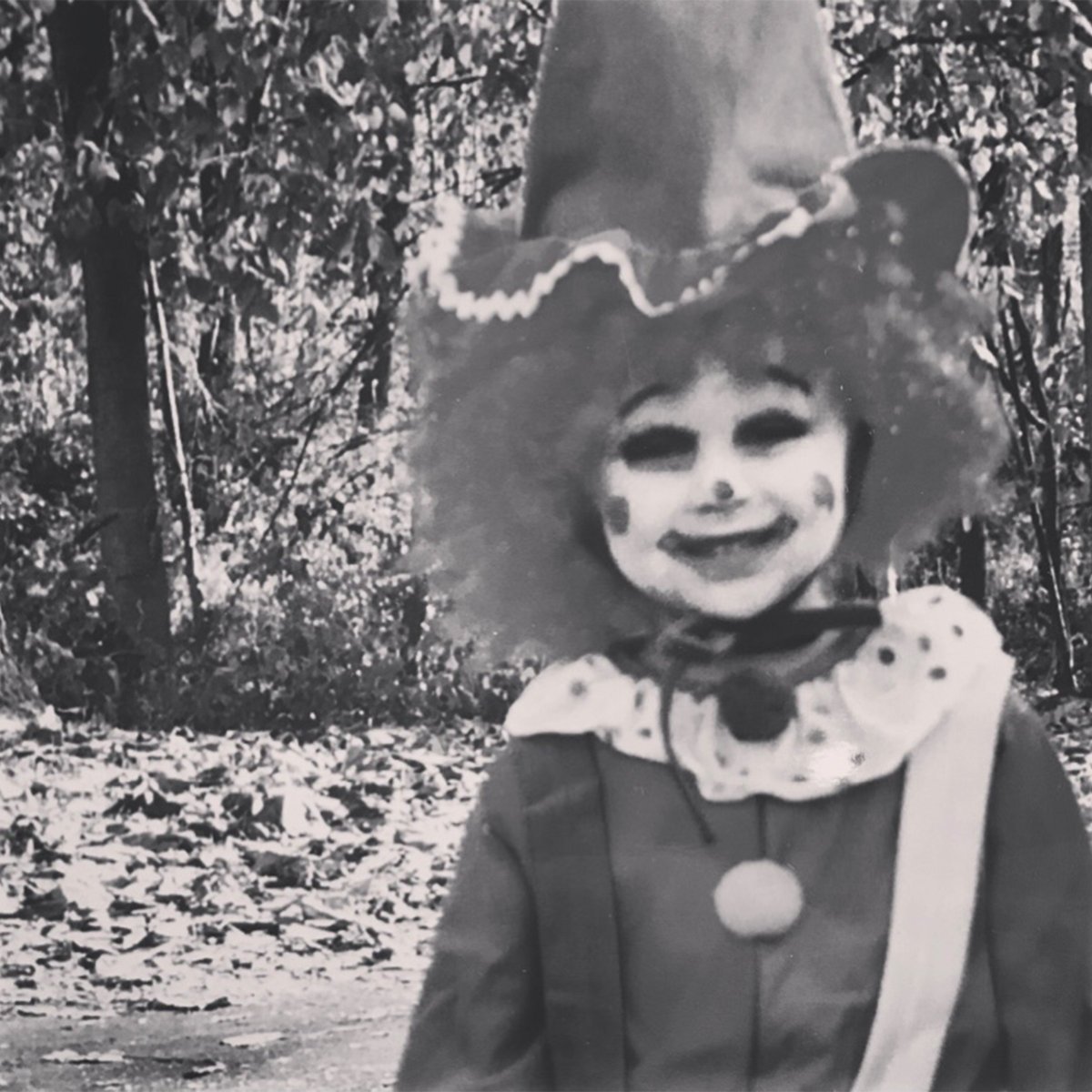Camp Trash – The Long Way, The Slow Way | Album Review
/I love deceptive music. More specifically, I love pop music that is so bubblegum it becomes saccharine. Those types of songs where the more that sickly sweet flavor sits on your tongue, you begin to realize how dark and upsetting it is. You can spit out the gum if you want to, but you can’t get rid of the taste it left in your mouth. No, it’s gonna stay there. It’s gonna remind you of the decision you made to ingest this seemingly delightful candy. You’ve been duped, and now you have to see the song for its true colors.
Third Eye Blind’s “Semi-Charmed Life” comes to mind. Filled with blaring guitar chords and “doo-doo-doo, doo-doo-doo’s,” the song deftly slides into your subconscious. You’re singing along, and you don’t even realize it. Maybe you’re starting to get a sense of what lies beneath the surface, but when Stephan Jenkins finally utters the words “crystal meth,” the glass breaks, and it is now all too clear that you’ve been singing along to a stark drug ballad. There is no coming back from this; it’s the “Ring Around The Rosie” effect. You can keep shouting the lyrics, but you will always know what the song is about.
Florida’s Camp Trash practices this sort of arcane magic. Their debut album, The Long Way, The Slow Way, is filled with songs like “Semi-Charmed Life.” The tracks come across as summery indie rock loaded with massive hooks and slick melodies. You know where I’m going with this. The lyrics are not in line with the instruments. They’re pained and anxious self-assessments that are harsh but honest.
“When did I get so hard to love?” muses Bryan Gorman over a punchy drum beat on “Soft.” Early single “Weird Florida” is a high-energy pop rock song that begs to be blasted from a boombox while you cannonball into the pool with your boys but acts as a facade for the story of a summer relationship that was doomed from the start. The penultimate track, “Riley,” digs into the apathy of knowing you need to end a relationship but wanting the other person to call it off because you can’t do it yourself.
Many songs have that cool, breezy tone mastered by bands like Built to Spill, but in no way are they derivative. Camp Trash can write one hell of a hook, but they are more than just a pop rock band. On my favorite track, “Another Harsh Toyotathon,” they step outside of the radio hit structure to deliver something that falls somewhere between Pavement and Jesu. Behind the heavily distended bass, Gorman delivers one of the more savage burns I’ve heard in years as he shouts, “You’re an only child: what do you know about being replaced?” Album closer “Feel Something” even hints at the possibility that, in spite of all of the anxiety and self-doubt that’s expressed throughout the album, meaningful change can be achieved.
So maybe not all of the songs on The Long Way, The Slow Way fit my bubblegum analogy, but a lot of them do, so I’m sticking to it. But don’t let my willingness to die on this self-constructed hill deter you from Camp Trash’s achievement because this is one of the most well-crafted debuts to come along in a long while.
Connor lives in Emeryville with his partner and their cat and dog, Toni and Hachi. Connor is a student at San Francisco State University and is working toward becoming a community college professor. When he isn’t listening to music or writing about killer riffs, Connor is obsessing over coffee and sandwiches.
Follow him on Twitter.












